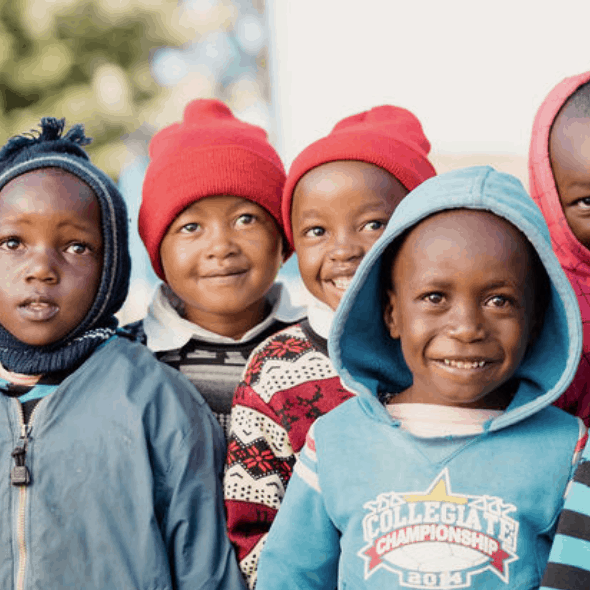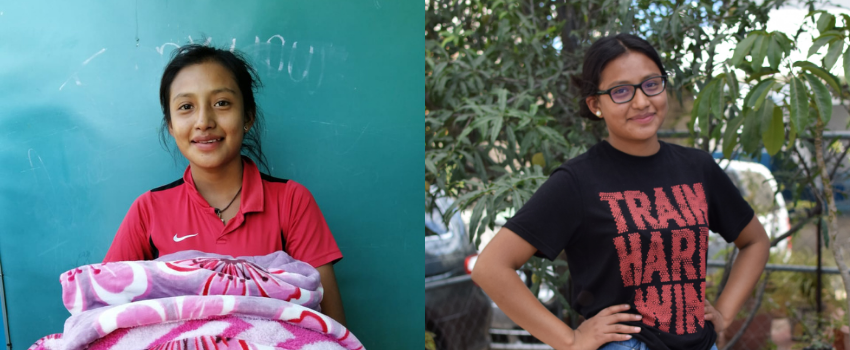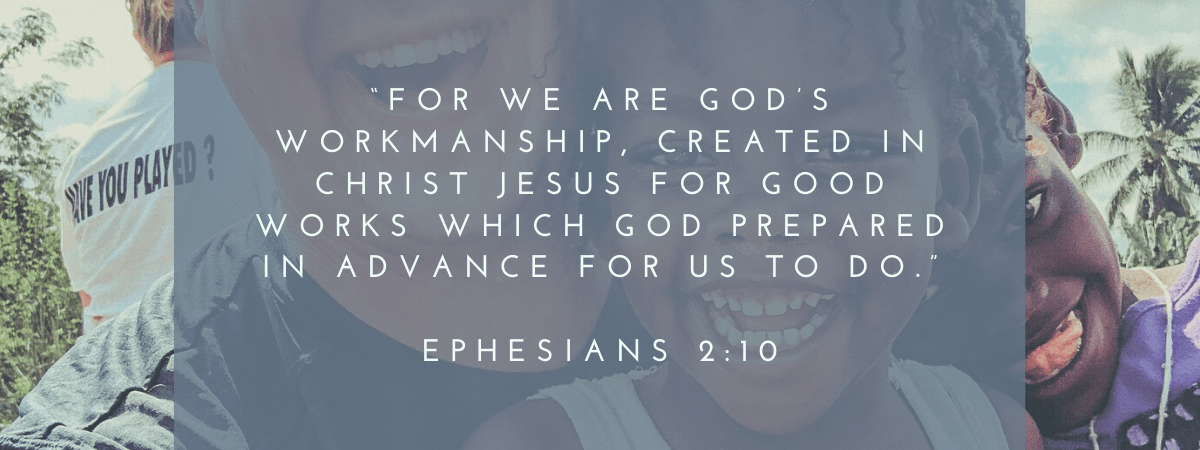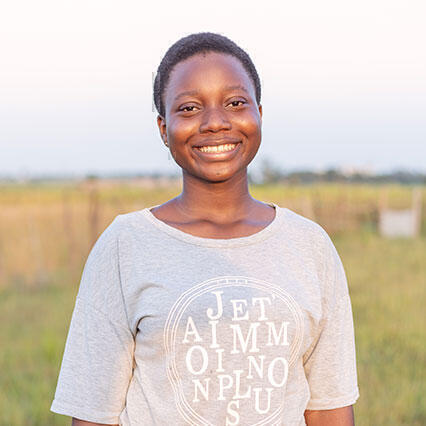Is there a valid rationale for involving children in development? Is this just the fancy (and perhaps unrealistic) dream of some idealist? Or is it merely the current “fashion” doing its rounds in development circles?
Yes, I do believe with all my heart that there is a valid rationale for involving children in the process of identifying their concerns for their own development and also for involving them in the entire process. This is definitely not just idealistic nor is it something that is being suggested because it is the latest watchword among leading organizations involved in child-focused development. Children are an important part of society, and how they are treated and valued is an important indicator of their community. When a community invests its resources in its children, it is essentially investing in its own future and furthering its own survival strategy. Investing in children promotes long-term sustainability.
In addition, children have the right to participate. Articles 9, 12, and 23 of the United Nations Convention on the Rights of the Child declare that children, including kids with disabilities, have the right to participate fully in their communities and in decisions that involve them. The Convention also strongly emphasizes that “the best interests of the child shall be a primary consideration” for all things that affect them. How better to empower children and act in their best interests than to ask for their input? When an investing agent wants to invest his or her client’s finances, the ultimate stakeholder-the client-must be consulted. Why then does it seem unreasonable to find out from children what their perspectives and concerns are? Perhaps the whole idea sounds ridiculous to some people because they wonder what useful contribution children can make. This assumption is probably because they feel the children are too immature to know what they want, and that adults should therefore do their thinking for them!
During some PLA exercises conducted recently in south China, this became immensely clear. First, PLA exercises were conducted with a group of parents, with the goal of finding out what the parents saw as challenges for the children in their community. The parents identified two primary challenges:
- the inability of the parents to send the children to school or university; and
- the poor nutritional status of the children
Other challenges included the inability to speak Mandarin when they first got to school (since the community primarily used the indigenous language of their minority group), and time wasted watching television.
When this was shared with the larger group, they also agreed that these were the problems faced by children. When the same exercise was conducted with children to find out what they were “unhappy” about, they identified four primary challenges:
- the poor results they got in school;
- the fact that their parents did not buy them the things they wanted;
- the punishments and scolding they received from their parents; and
- the inability to sleep properly at night.
It turned out that the perspectives of the children were considerably different from their parents’ perspectives. We then used the exercise to explore further what children liked to do. The response was immediate, graphic, clear, and emphatic. They loved going to school and doing housework to help their parents with domestic chores. In addition, they loved playing and planting flowers. Watching the reactions of the community to this information was very interested. They kept discussing among themselves and looking with wonder at their children!
From a Christian perspective, the realization that all children have dignity and are created in the image of God helps us to see that children’s input is valuable. The Bible’s concepts of community, church, and mission further help us to see that God not only uses children in his wonderful plan but that he also wants all of his children-male, female, young, and old-to participate in his work in the world. Think about Joseph, Miriam, Samuel, David, Naaman’s slave girl, Esther, Mary, and even Jesus himself. God used each of these individuals while they were still children to change entire nations! Surely, we should value children’s participation and encourage them to be involved in the development process as well.
Children understand their world very well. They know how to share this information if the process is appropriately facilitated, and their participation is both a right and a biblical emphasis. Mobilizing children’s participation is not very difficult, but the results can be extraordinary because the children will immediately realize that their concerns are being addressed.










